In a few years, the Latvian National Armed Forces (NBS) could start using the first locally built military off-road vehicles, which have been procured by the company “VR Cars” Ltd, based in Jaunmārupe. LSM.lv visited the company in its article series exploring the military industry in Latvia, “Forge of Military Power”.
VR Cars owner Ali Jansons told LSM that the idea to build the VR FOX light tactical vehicles started ten years ago, and the real work on the vehicle started five years ago. The aim was to create a military tactical vehicle for driving in forests, as the world market mainly offers such vehicles for desert driving. Jansons himself was once in the National Guard, so he said he was aware of the need for such a vehicle.
“A lot of the equipment is designed for the desert. In the desert, you can afford much bigger [car] sizes because you don’t have obstacles. […] We have forests all around. So the idea was to make a car that is suitable for [driving] in the forest, […] to make it small and nimble,” said the owner of the company.
Two military off-road vehicles have now been built. Jansons estimated that each prototype is worth several million euros – the amount invested so far to build the vehicles, taking into account staff, material and other costs. Under a contract with the Ministry of Defence (MoD), two prototypes have been built so far – one open-top for the NBS and one closed-top for VR Cars.
“The open car is intended for special task units, for reconnaissance. (…) The car has three main things: performance, the second is ergonomics, because there is relatively a lot of space. And the third important thing is that the suspension parts on all four corners are the same, so supply issues are easy to implement,” explained Jansons.
Two more VR FOXs are planned for this year. “One is to incorporate all the final modifications before larger-scale production. The other is to reduce the final price, also to reduce the weight of the car,” said the entrepreneur, pointing out that the car now has an unladen weight of two tonnes and a length of four metres.
The ground clearance, or the distance between the ground and the lowest structural element of the car, is 40 centimetres, allowing it to cross not only large potholes or mud, but also fallen trees.
“A tree normally has a diameter of around 30 centimetres. If you have a 30-centimetre tree lying across the road… Plus, it’s a little off the ground, so we can cross it,” said the entrepreneur. “Normally, the limiting factor in the terrain is the car. Here the limiting factor is the driver, because the car itself can do much more than a normal driver can do.”
Jansons says that so far, he has invested mainly his own resources, as well as borrowed money from people close to him. “VR Cars has practically no turnover so far, just investments,” he said. “Somehow we manage, it’s not easy.”
The company plans to start building more serious cars after the contract with the Ministry of Defence for the purchase of VR Cars for the NBS. “At the moment, the negotiation procedure is still going on about the number of cars, the amount. […] I think it will take a few more months,” Jansons said.
He admitted that as the negotiations with MoD were still ongoing, it was not yet possible to say how many VR FOX cars could be delivered to the NBS. “All I can say is that we have the capacity, the minimum we need is 50 VR FOX vehicles a year to make it viable,” Jansons said, admitting that if the NBS buys less, it will try to work with a slightly smaller volume.
The company hopes to have a ten-year contract with the NBS to build a certain volume of vehicles each year. “Then we have the clarity to build, to do, to develop,” Jansons said.
The company has already acquired 38 hectares of land in Jaunmārupe, near the existing base site, and plans to build a testing ground there. VR Cars currently employs 20 people, mainly engineers, but plans to increase this number to 50-100 with the award of a state contract.
Jansons estimated that if the contract with AM can be concluded in the next couple of months, large-scale VR FOX production could start in the second half of next year. “We have to order the materials 3-5 months in advance, we have to do quite a lot of preparatory work,” the entrepreneur said.
VR Cars also plans to export VR FOX, but this is a question for the future, as it is important to prove itself at home and take advantage of opportunities in the domestic market, Jansons said. “It’s like this – if your country doesn’t use your product, then other countries look at it the wrong way.”


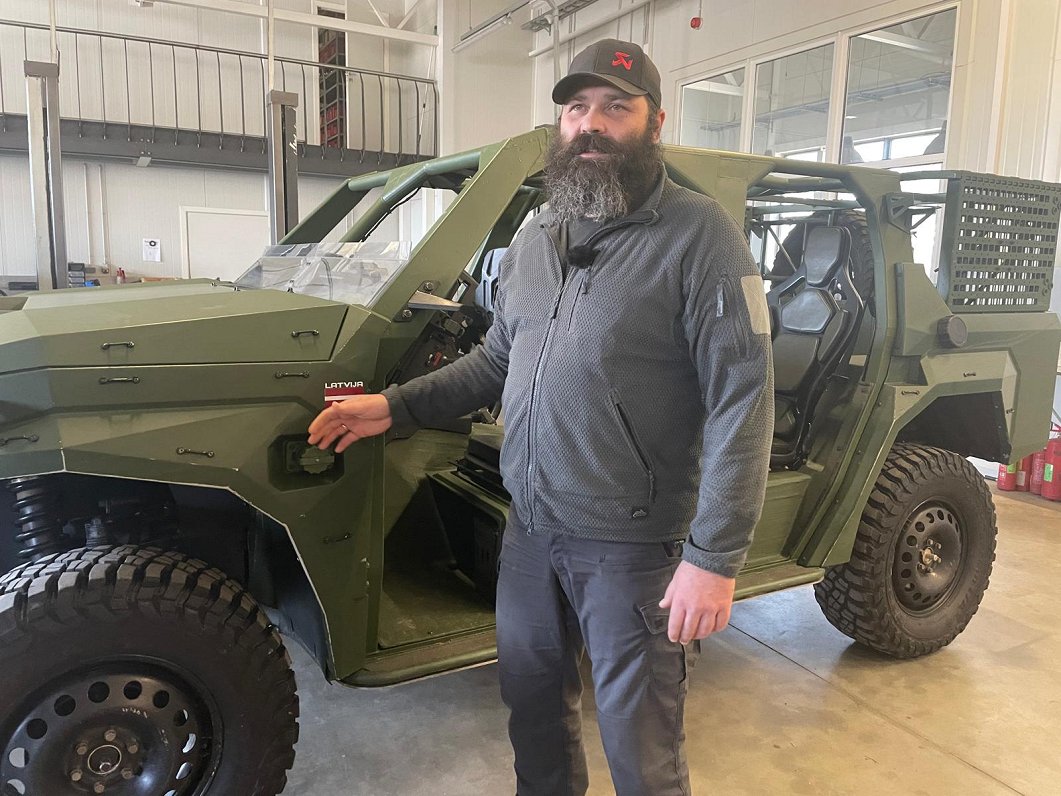
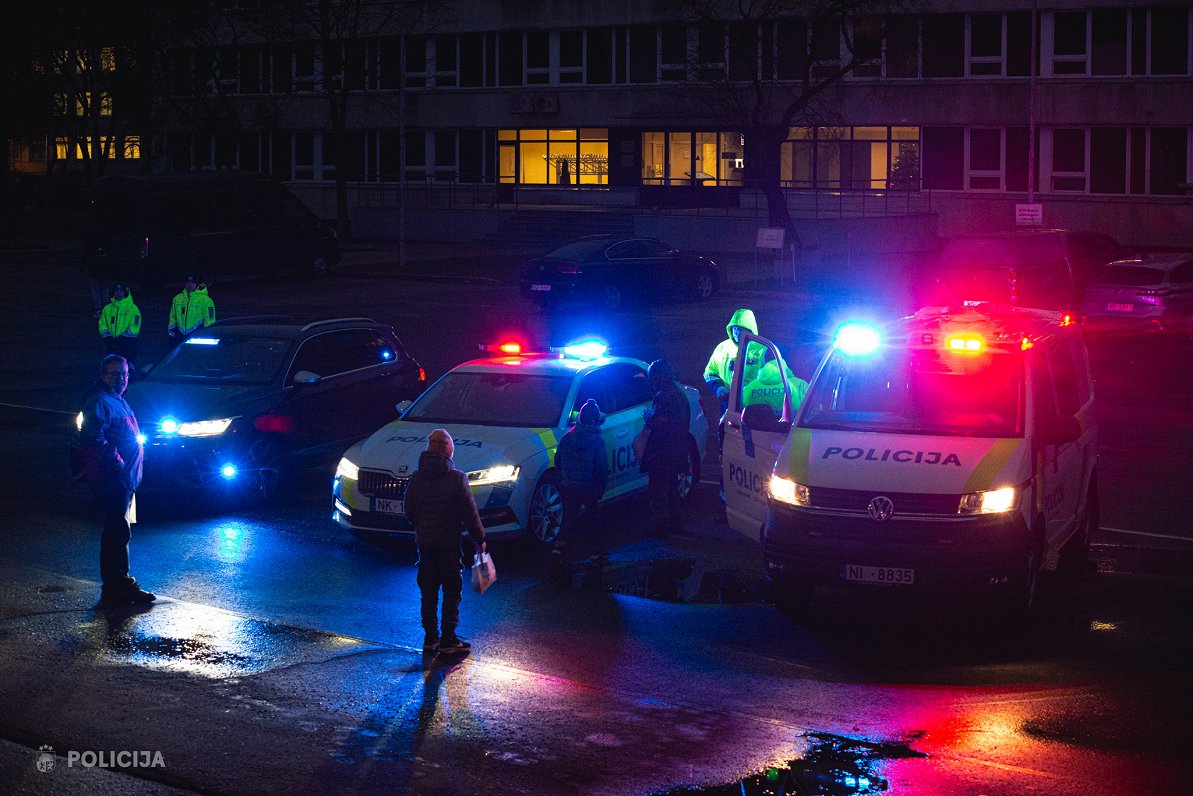
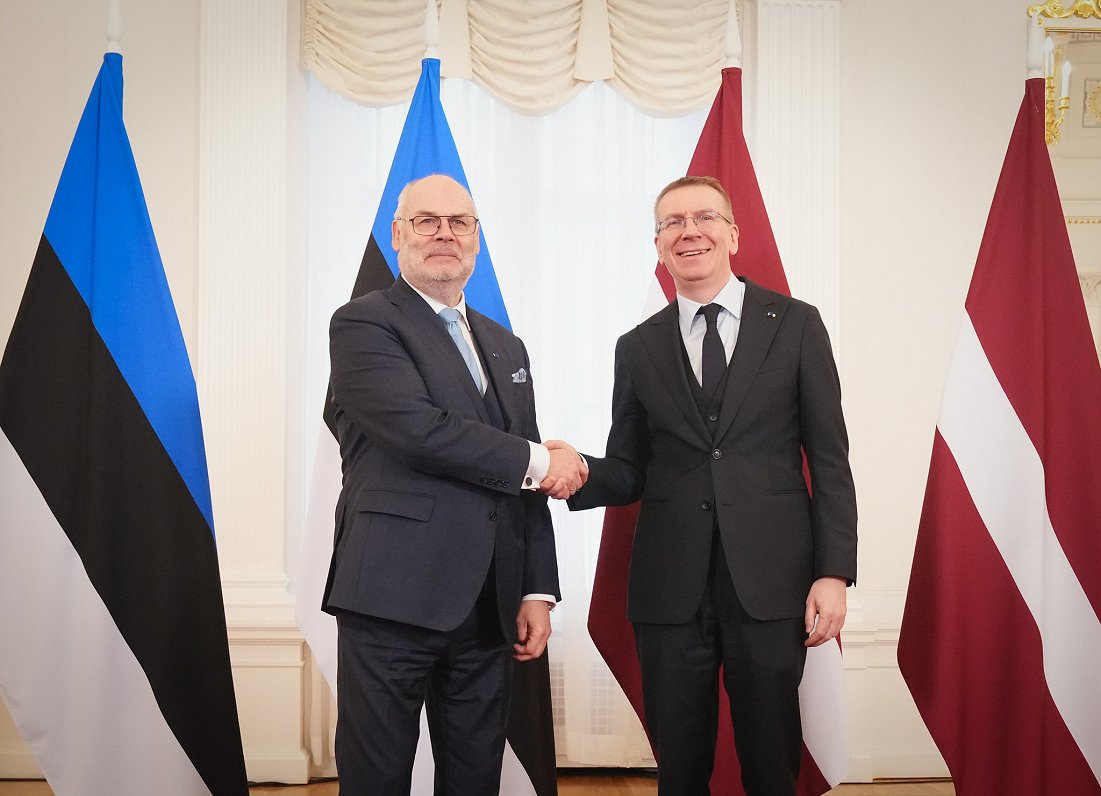
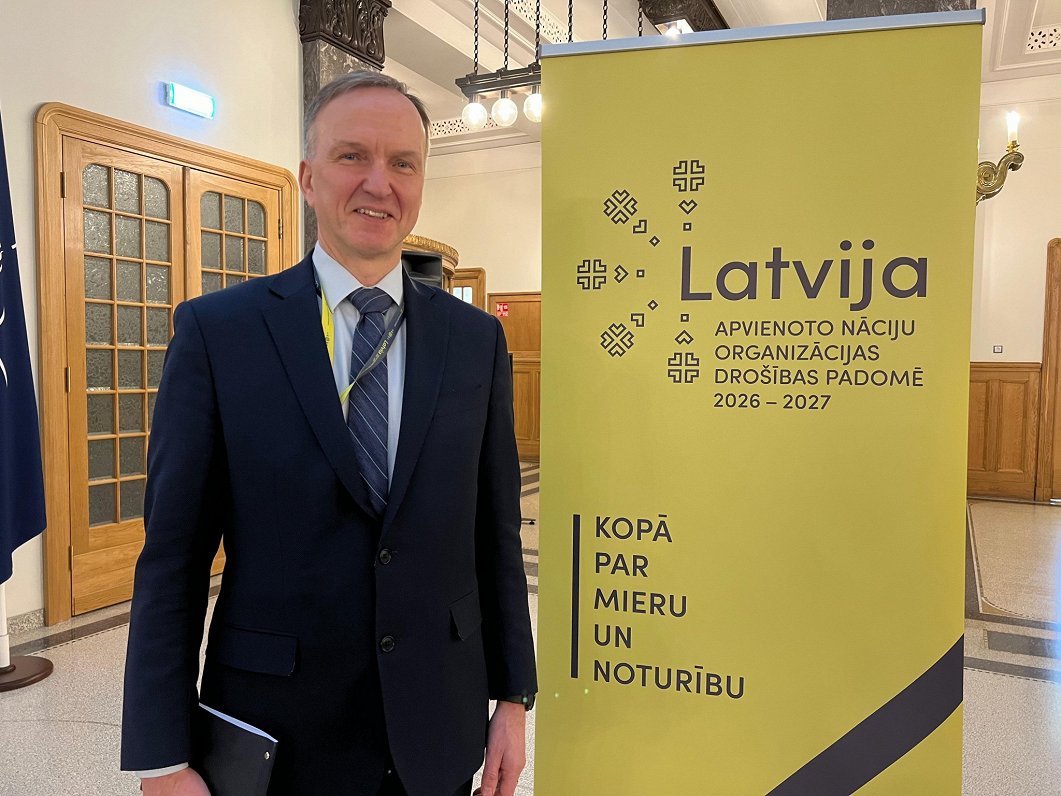
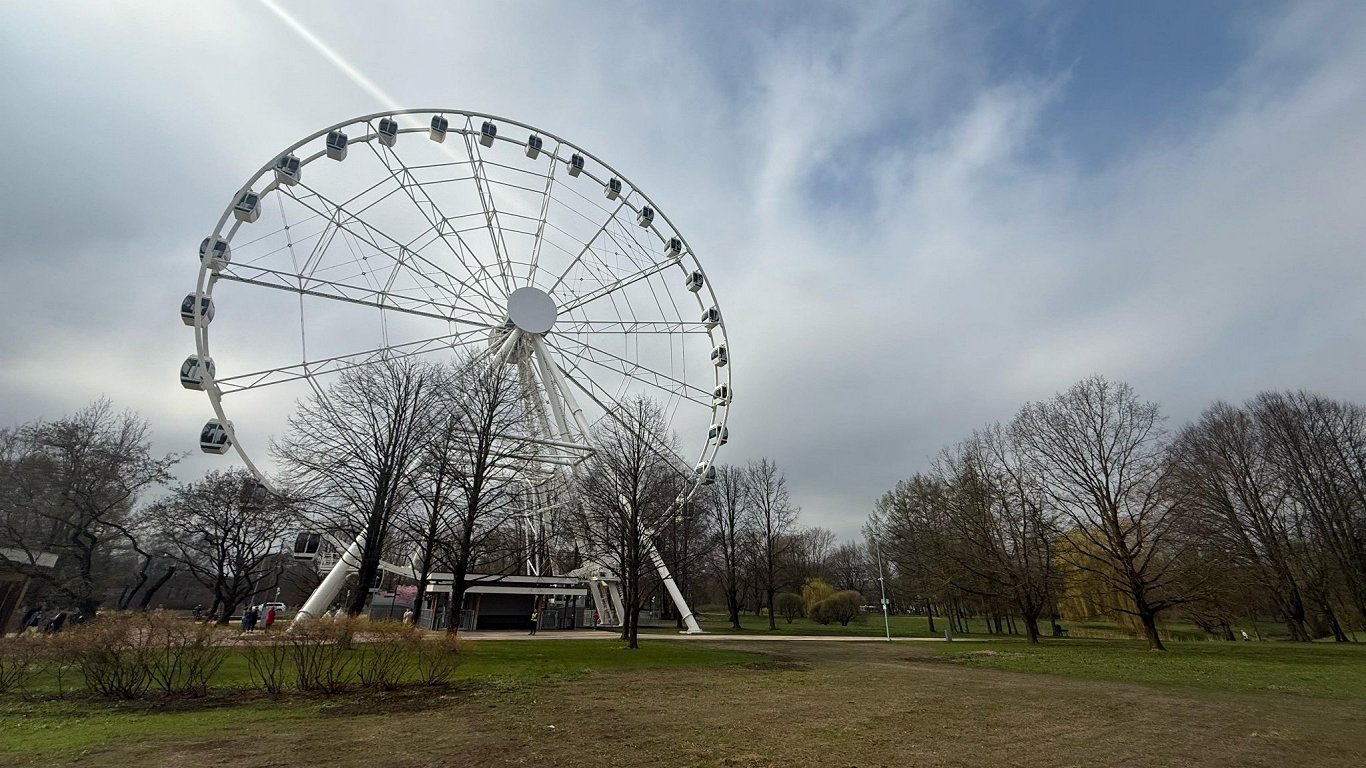
Be First to Comment